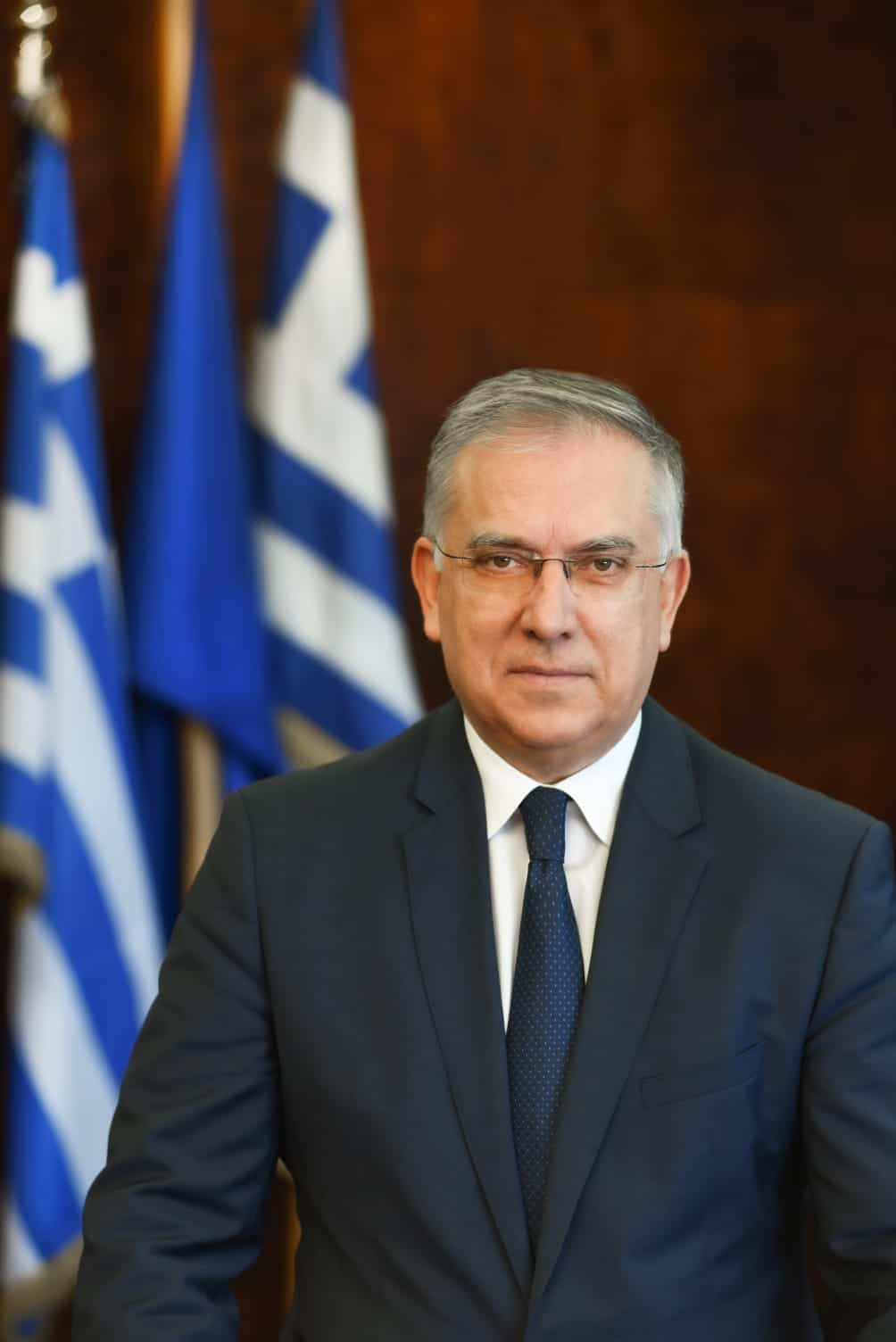The first relevant reference is made in paragraph e of the “RIGHTS” of the Greeks of the “LEGAL ORDER OF EASTERN GREECE” voted by the “Areios Pagos” of the Senate of Eastern Greece ( Salona, 15.11.1821), which states that “The Greek has both his life and his property in security.”
The second reference is included in ” TEMPORARY STATE OF GREECE” which was voted by the 1st National Assembly of Epidaurus on 15.1.1822, where in Section B. It is stated that “The property, honor and safety of every Greek is under the protection of the Laws”.
The third reference is found in Section B, Ch. B, ed.s’ of “NOMOY THS EPIDAUROU” (Epidauros, 1823), where it is defined that “The property, honor and security of every Greek, and every person, in the State, is under the protection of the Laws”.
The fourth reference is made in Chapter B, paragraph 12 of the “POLITICAL CONSTITUTION OF GREECE” voted by the 3rd National Assembly of Troizina on 5.5.1827, where it is stipulated that “The life, honor and property of everyone, within the State, are under the protection of the Laws”.
In the “CIVIL CONSTITUTION OF GREECE”, known and as “SOVEREIGN” which was voted by the 5th National Assembly in Nafplion on 15.3.1832 expressly and there it is mentioned in article 32 that “The law secures and defends the personal freedom, life, honor and property of everyone within the State “.
Finally, in the “CONSTITUTION OF GREECE” of 1844, the provision on the protection of property in its modern form is found for the first time: “No one is deprived of his property I am for public need, duly proven, when and as the law dictates, and always prior compensation”.
Unfortunately today, modern “rightists” have, knowingly or not, downplayed the importance of property protection, even though it is now an internationally recognized Human Right, but also particularly important for citizens, inextricably intertwined with the concept of freedom and human honor and dignity, but also the personal struggle of each of them both to acquire it and to preserve it…
See here the article in English, posted on the UIPI page






